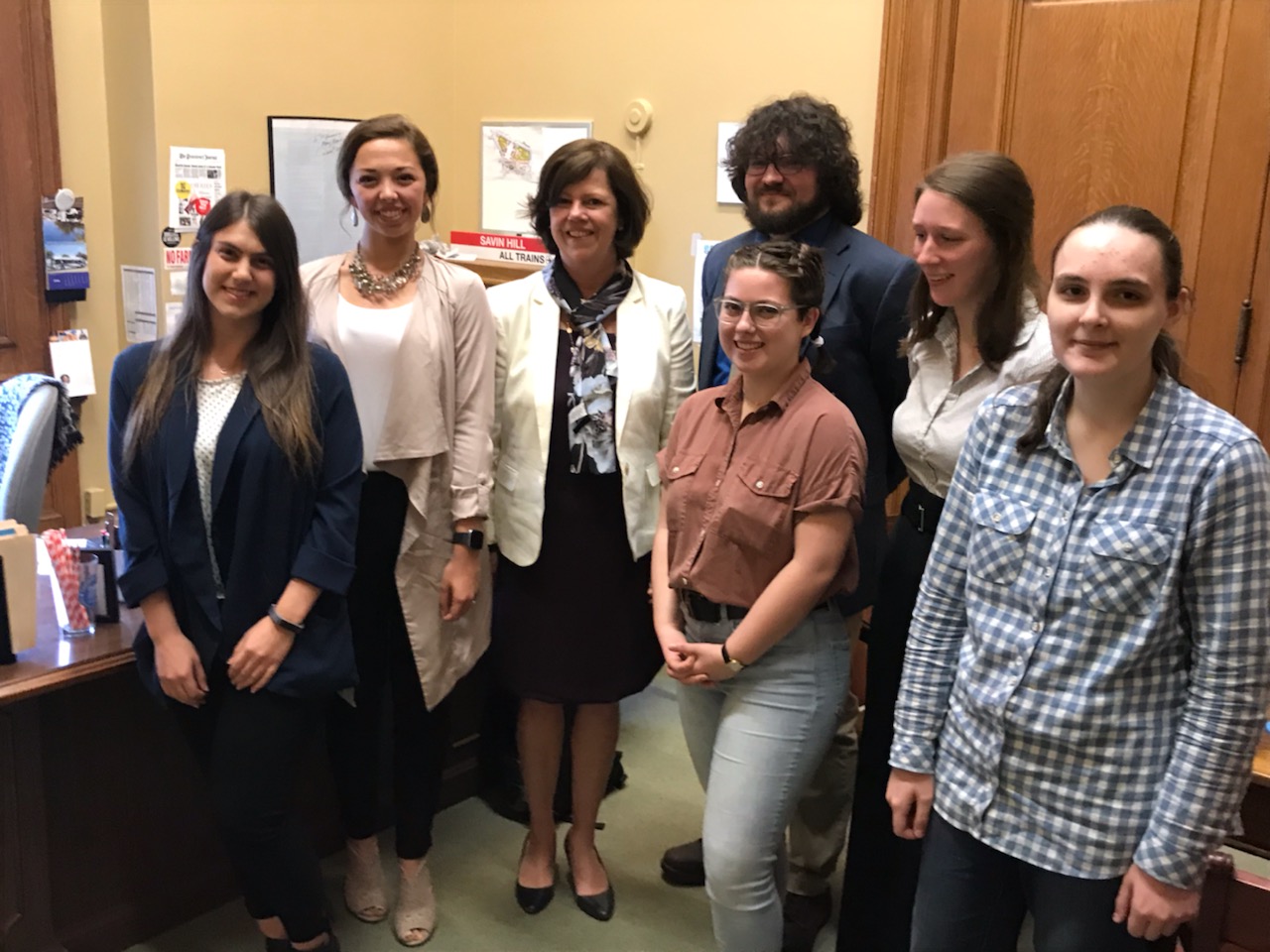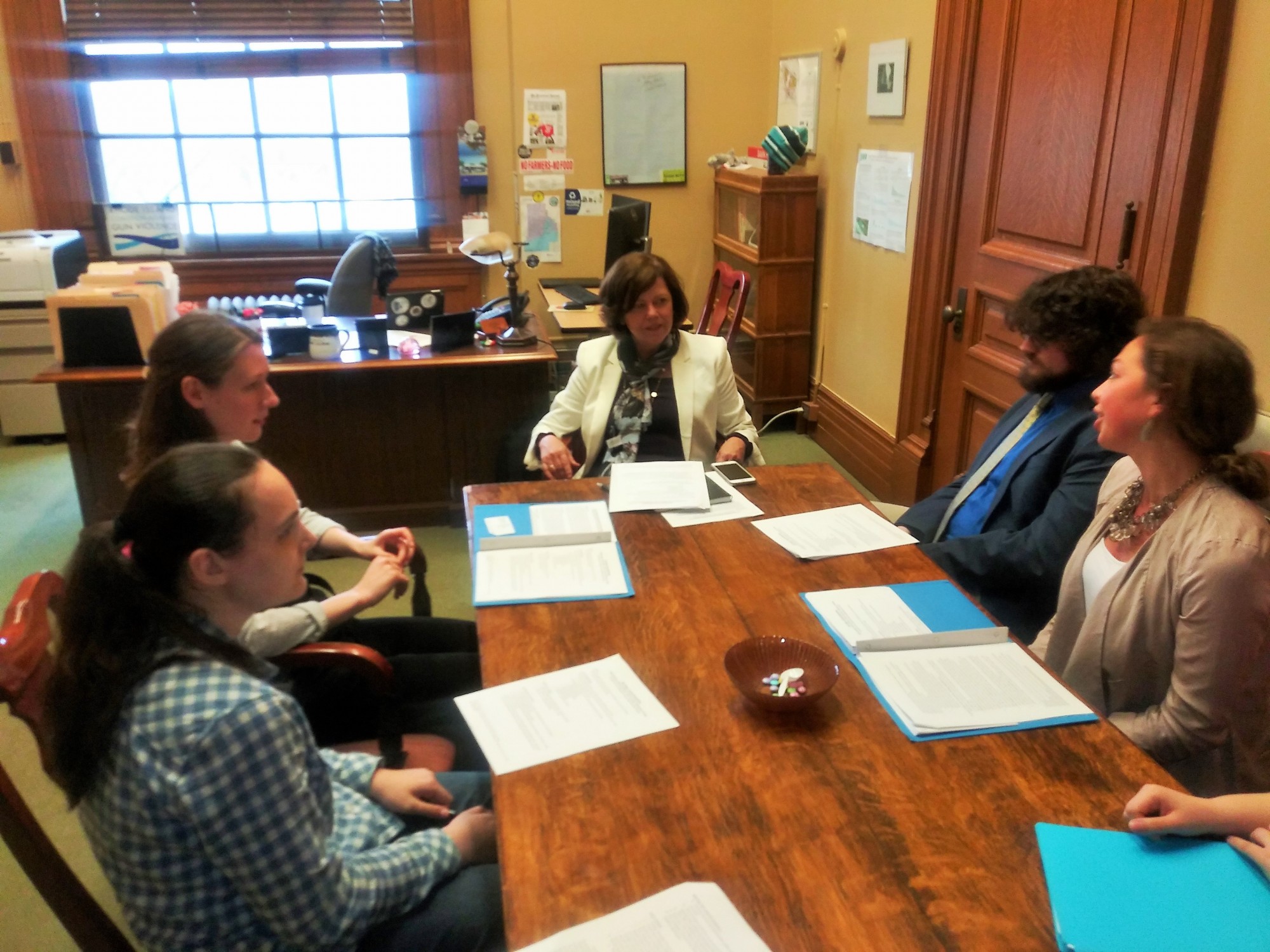Aldi’s is a great example of a business that makes a small effort to reduce plastic use – they do not give their customers plastic or even paper bags. Customers of Aldi’s must bring their own reusable bags or purchase them from Aldi’s.
Boston has passed a plastic ban ordinance that has retailers adopt similar practices to that of Aldi’s, namely that they mustn’t supply plastic bags to customers.1 However, they may still supply recyclable paper bags and compostable bags, or they may sell plastic bags for 5 cents. We disagree with selling plastic bags because it defeats the purpose of protecting the environment. We believe this is a ruse offered by governments to create a tax in the form of a surcharge, while pacifying the plastics industry and making consumers believe they are doing the right thing at the same time.
With that, “in August 2014, California became the first state to enact legislation imposing a statewide ban on single-use plastic bags at large retail stores. The bill also required a 10-cent minimum charge for recycled paper bags, reusable plastic bags, and compostable bags at certain locations.” Hawaii also banned plastic bags and those with less than 40 percent recycled material, and in D.C. “all businesses that sell food or alcohol to charge 5 cents for each carryout paper or plastic bag.”2
New Zealand is the latest country to ban single-use plastic bags, following Bangladesh, China, Israel, South Africa, the Netherlands, Morocco, Kenya, Rwanda, Mauritania, Sri Lanka, Papua New Guinea, Vanuatu, Albania and Georgia. Retailer that do not phase out plastic bag use within 6 months will be fined. Other countries like the UK have implemented fees on plastic bag use.3
Toronto placed a 5 cent fee on plastic bags – plastic bag use decreased 53 percent during the implementation of the fee (before the fee was struck down by city council). Our analysis demonstrates that total bans without fees or bans with significantly high fees produce an 80-90% reduction in plastic use.
“As of 2016, many German companies have voluntarily committed to no longer offer plastic bags to customers for free as a means to discourage their use.” Many German companies like supermarkets and grocery stores no longer offer free plastic bags. Instead, the customer must decide to buy a bag or carry their own goods. This in turn has led to a massive decrease in plastic use. “According to the Wiesbaden-based association, German residents used 29 plastic bags per capita on average in 2017 compared to 45 per capita in 2016.”




